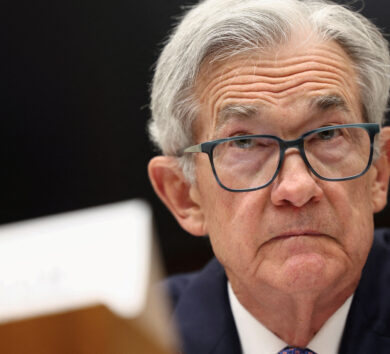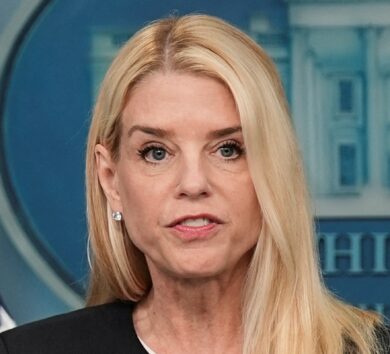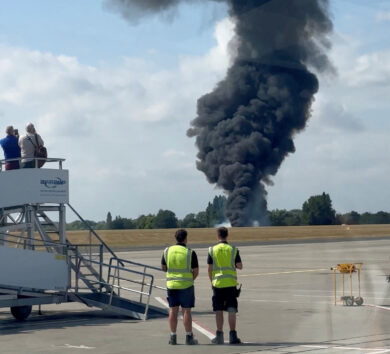Many AML/CTF deficiencies identified by FATF have been addressed

By Durrant Pate
The Cayman Islands government is reporting significant progress on its anti-money laundering framework on the eve of being reassessed by the Financial Action Task Force (FATF).
In detailing the progress made, the Cayman government pointed to the many changes made to its Anti-money Laundering/Counter Terrorist Financing (AML/CTF) framework in response to the many shortcomings in its AML/CTF regime, which was identified by FATF in its evaluation report on the country.
The evaluation report was released in March 2019.
In its evaluation report, the FATF found Cayman wanting in many areas of its AML/CTF framework pointing to major shortcomings its ability to analyse and understand the risks from money laundering and terrorism financing.
The assessment highlighted that large money-laundering investigations and prosecutions were non-existent in the islands and that the Financial Reporting Authority, which handles suspicious activity reports from financial services providers, was rarely used to initiate investigations. As a result, the FATF placed Cayman under observation to implement a total of 49 recommendations made by FATF in its evaluation.
However, the Government of Cayman has said many of these shortcomings have been addressed and are now going through another evaluation with the FATF, which will determine whether sufficient progress has been made. The FATF’s verdict is expected to be announced in February 2021.
CAYMAN MAKING OUT CASE FOR FATF WATCH LIST REMOVAL
In the meantime, Cayman’s attorney general, Samuel Bulgin, is making out a case that the Caribbean territory has made sufficient progress to be removed from the FATF watch list. In a press release, Bulgin declared that, “despite continuing to deal with ongoing challenges to the jurisdiction from a major global pandemic, The Cayman Islands has taken its requirements to meeting the FATF’s recommended actions very seriously and acted strenuously in this regard”.

As such, Bulgin argued that the actions taken collectively highlight a commitment to ensuring that The Cayman Islands obtains positive ratings from global standard setters as well as continuing to remain at the forefront of the financial services jurisdictions in the world.
He made the point that Cayman has already updated its national anti-money laundering strategy and laid out an action plan that covered topics from sanctions to supervisory frameworks.
AML/CTF ACTIONS ALREADY IMPLEMENTED
He stated that the government conducted targeted risk assessments of terrorist financing, adding that non-financial businesses and professionals that were previously not supervised under the anti-money laundering regime, such as attorneys, accountants, real estate developers, realtors and precious metal dealers, are now under the supervision of dedicated bodies. These professionals will be subjected to fines when in breach of the Anti-Money Laundering Regulations.
Cayman further updated legislation regarding legal arrangements, such as formalising a trustee’s AML responsibilities in addition to allowing government agencies, law enforcement and competent authorities the mechanism to request information from a trustee. These measures were supported by in-person training for financial institutions, designated non-financial businesses and professionals, and non-profit organisations.
To complement these actions, the Cayman Finance has been hosting an eLearning platform, providing free courses related to ‘Fighting Financial Crime in the Cayman Islands’. In 2020, the Cayman Islands Monetary Authority, the jurisdiction’s financial regulator, became the supervisor of registered persons – the previously unregulated excluded persons – for anti-money laundering purposes.
The Royal Cayman Islands Police Service, meanwhile, formed a dedicated Bureau of Financial Investigations to investigate complex, cross-border, financial crimes. To date, some 50 investigations have been undertaken, of which 30 are ongoing.
Two months ago the government provided Customs and Border Control with additional resources, such as high-resolution image scanners, to help seize the proceeds of crime as they enter Cayman.







Comments